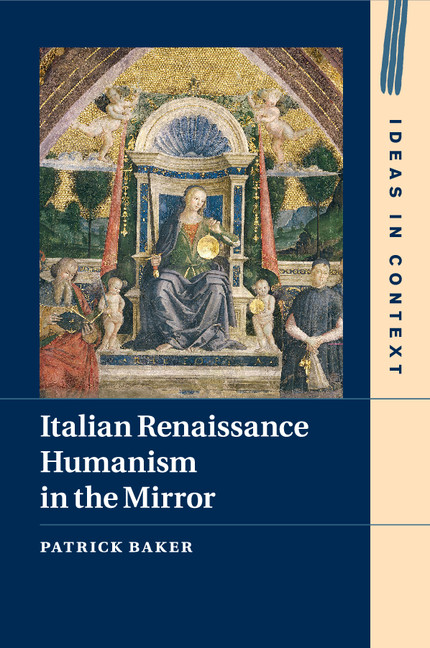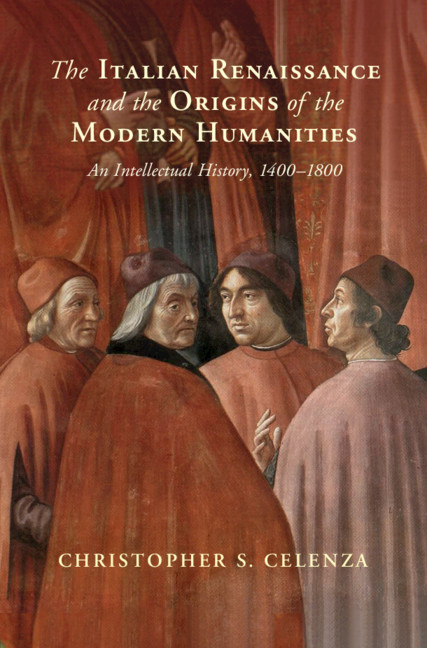Family, Vocation, and Humanism in the Italian Renaissance
The first generations of Italian Humanists, which included Petrarch, Boccaccio, Giovanni Conversini, and Leon Battista Alberti, wrestled with the crisis of vocational choice amid struggles with their natal and conjugal families. Instead of following their fathers into conventional and reliably stable professions, they instead chose a literary and scholarly path not yet recognized as a viable profession. The inchoate nature of their careers, together with their propensity to write about themselves, created a unique setting for the emergence of modern notions of secular vocation. In this study, George McClure analyzes the rich residue of humanist writings – letters, autobiographies, dialogues, polemics, and fictional works – that defined the values of a literary life against the traditional models of monk, priest, physician, lawyer, or merchant. Collectively, they serve as the first substantive discourse on the moral and psychological meaning of work, which helped to lay the foundation for a general concept of secular vocation.
- Provides the first book length study on the intersection of family and humanists' vocational choice
- Offers an exhaustive analysis of four humanists' autobiographical allusions to their careers and family lives
- Offers a portrait of the dynamics of parent-child relations in early modern Europe
Product details
January 2026Hardback
9781009629270
222 pages
229 × 152 mm
Not yet published - available from January 2026
Table of Contents
- 1. Introduction
- 2. Petrarch's father, brother, son, and the literary life
- 3. Boccaccio and narratives of filial freedom
- 4. Giovanni conversini's search for vocation: between natal and conjugal family
- 5. Leon Battista alberti and the merchant family
- 6. Conclusion: family and the humanist origins of secular vocation
- Bibliography.










.jpg)